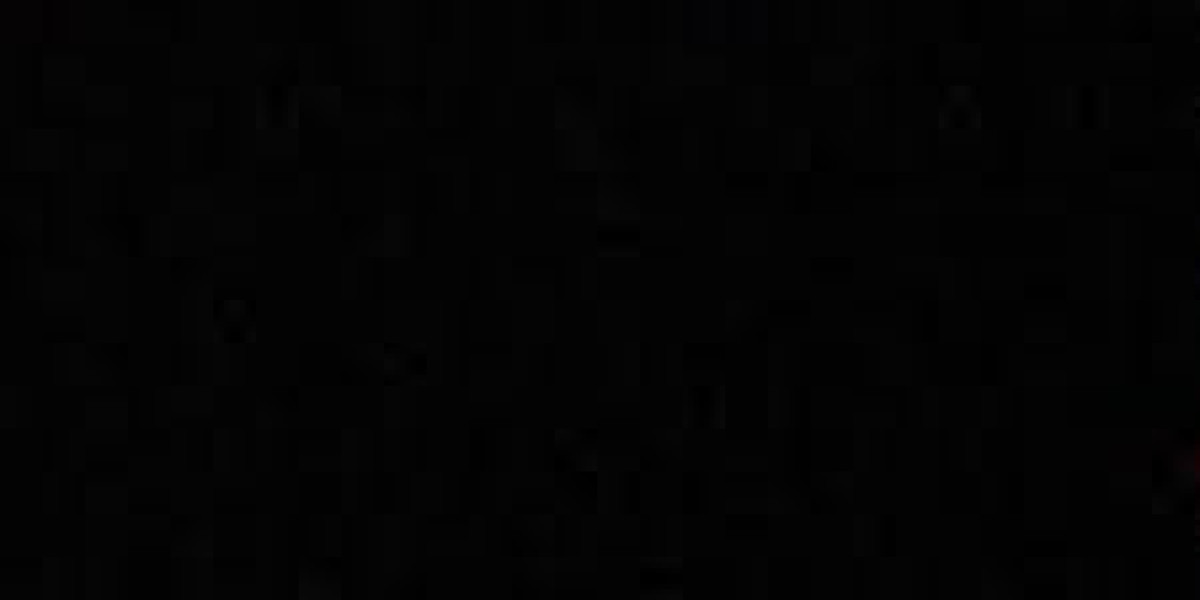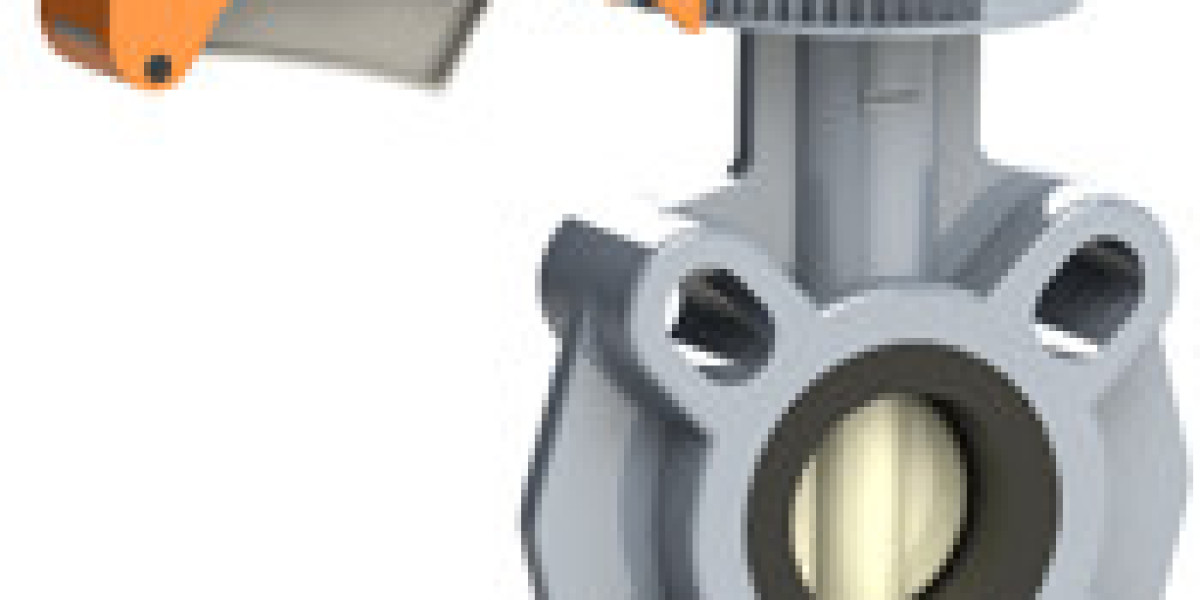Sleep plays a crucial role in our overall well-being, yet millions of people around the world struggle with undiagnosed sleep disorders—especially sleep apnea. In recent years, a quiet revolution has been taking place in how this condition is diagnosed. The rise of home sleep apnea tests (HSATs) is making it easier than ever for people to understand their sleep health without the need for an overnight stay in a hospital or lab.
To receive a PDF sample of the report, visit @ https://www.emergenresearch.com/request-sample/4365
As technology evolves, the boundaries of healthcare continue to expand into our homes. Learn why home sleep apnea tests are emerging as one of the most significant trends in modern medicine.
Innovation Driving the Market
Technology is at the heart of this market’s growth. Modern home sleep apnea testing devices are equipped with advanced sensors and wireless connectivity, providing more detailed and accurate results than ever before. Companies are racing to introduce smarter, more compact devices that make sleep testing seamless and stress-free.
One of the most talked-about innovations comes from Acurable, which introduced its AcuPebble device—a small, sensor-based tool designed to revolutionize sleep apnea testing. The company’s technology, already gaining traction in the UK, is now preparing for a commercial launch in the United States. This shows just how global and fast-moving this space has become.
Regional Landscape section of the home sleep apnea test market report offers deeper insights into the regulatory framework, current and emerging market trends, production and consumption patterns, supply and demand dynamics, import/export, and presence of major players in each region.
The various regions analyzed in the report include:
• North America (U.S., Canada)
• Europe (U.K., Italy, Germany, France, Rest of EU)
• Asia Pacific (India, Japan, China, South Korea, Australia, Rest of APAC)
• Latin America (Chile, Brazil, Argentina, Rest of Latin America)
• Middle East & Africa (Saudi Arabia, U.A.E., South Africa, Rest of MEA)
Some of the key companies in the global Home Sleep Apnea Test Market include:
- Resmed
- Itamar Medical Ltd
- Cleveland Medical Devices Inc.
- Compumedics Limited
- Onera Technologies B.V.
- Sunrise
- Nox Medical
- Watermark Medical
- Bittium
- Cadwell Industries Inc.
Home Sleep Apnea Test Market Segmentation Analysis
By Component Outlook (Revenue, USD Billion; 2020-2033)
- Hardware
- Services
By Application Outlook (Revenue, USD Billion; 2020-2033)
- Remote Patient Monitoring
- Connected Medical Devices
- AR/VR
- Connected Ambulance
- Asset Tracking
By End Use Outlook (Revenue, USD Billion; 2020-2033)
- Healthcare Providers
- Healthcare Payers
- Other End Users
Aging Populations and Growing Awareness
The growing prevalence of sleep apnea, especially among older adults, is another key factor behind the surge in demand for HSATs. As global populations age, sleep disorders are becoming more common. Many older individuals remain undiagnosed, often because their symptoms—like fatigue or poor concentration—are mistaken for other issues.
With rising awareness and education campaigns, more people are starting to recognize the importance of diagnosing and managing sleep apnea early. Home testing provides a practical way for this demographic to access diagnosis without traveling to specialized sleep centers.
Shifting Patient Preferences
Interestingly, patients’ preferences are also evolving. Many are moving away from bulky CPAP machines—a traditional treatment for sleep apnea—toward more comfortable options such as mandibular advancement devices (MADs). This change in treatment preferences has created new opportunities for home sleep apnea testing companies, which now focus on comfort, accuracy, and accessibility.
Tech Giants Enter the Scene
Even major tech brands are getting involved. In a major development, Samsung Electronics received FDA authorization for its sleep apnea detection feature in the Samsung Health Monitor app. This feature, which works with Samsung Galaxy smartwatches and smartphones, represents a new frontier in wearable health technology—bringing early sleep disorder detection directly to people’s wrists.
Market Challenges and Opportunities
Despite the impressive growth, the home sleep apnea test market faces challenges. Developing advanced diagnostic equipment requires significant investment, and competition is intense. With many companies offering similar products, standing out in such a crowded space isn’t easy. Continuous innovation, user-friendly designs, and reliable data interpretation are key to maintaining a competitive edge.
To know more about the report @ https://www.emergenresearch.com/industry-report/home-sleep-apnea-test-market
The Future of Home Sleep Testing
As technology continues to evolve and healthcare becomes more digital, the future of sleep apnea diagnosis looks bright. The combination of wearable technology, telemedicine, and advanced sensors is redefining how we monitor our health while we sleep.
Home sleep apnea testing isn’t just a trend—it’s a shift toward more accessible, patient-centered care. By making diagnosis easier and more comfortable, these innovations are helping millions take the first step toward better sleep and a healthier life.







